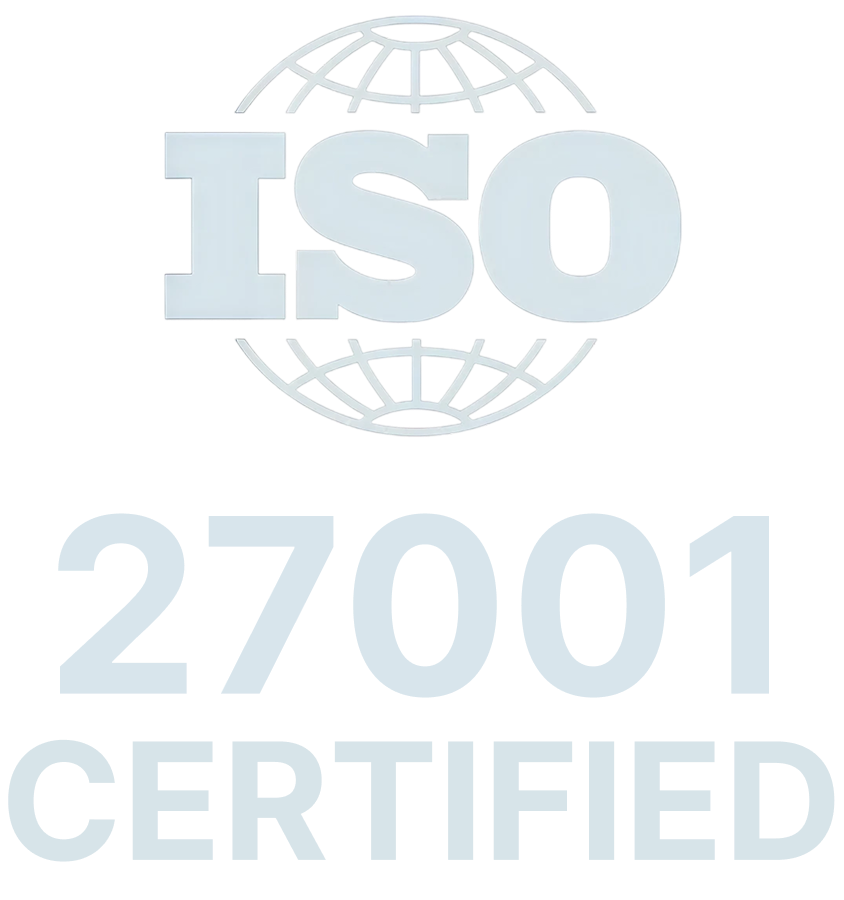Empirical process control is an approach to process optimization and control that is based on the collection, analysis and use of data from past projects and processes. By continuously improving processes, companies can increase their productivity and efficiency and improve the quality of their products and services.
In this glossary entry you will learn more about the basics, methods and application areas of Empirical Process Control The idea behind Empirical Process Control is that processes and systems are often too complex in practice to be fully modeled and controlled. It is therefore important to continuously collect and analyze data in order to adapt and optimize processes and systems on the basis of this information.
Methods and techniques of empirical process control
In empirical process control, different methods and techniques are used to collect and analyze data and translate it into decisions and measures. Some examples are
Statistical process control (SPC)
Statistical process control (SPC) is a statistical method for monitoring and controlling production processes. Statistical methods are used to analyze data from the production process in order to identify and control deviations from quality standards. In this way, companies can improve the quality of their products and increase the efficiency of their processes.
Key performance indicators (KPIs)
Key performance indicators (KPIs) are measurable variables that reflect the success or performance of processes and projects. By defining and regularly measuring KPIs, companies can continuously monitor their processes and identify potential for improvement. KPIs can relate to productivity, quality, adherence to deadlines or customer satisfaction, for example.
Lessons learned
The term "lessons learned" refers to the systematic collection, analysis and documentation of experience gained in projects and processes. By regularly carrying out lessons learned and incorporating the knowledge gained into future projects and processes, companies can continuously improve their processes and avoid mistakes.
Agile methods
Agile methods such as Scrum or Kanban are also based on the principle of empirical process control. By continuously reviewing and adapting processes and working methods, teams can increase their efficiency and flexibility and respond better to changes and customer requirements.
Areas of application for empirical process control
Empirical process control can be used in various industries and application areas to optimize processes and improve the quality of products and services. Some examples are
Software development
In software development, empirical process controls are used to improve the quality of software products, increase the efficiency of development teams and complete projects more successfully. Agile methods such as Scrum and are widely used in this area and are based on the principle of empirical process control.
Manufacturing industry
The manufacturing industry uses empirical process controls to monitor and optimize production processes. By applying methods such as Statistical Process Control (SPC), companies can improve the quality of their products and increase the efficiency of their processes.
Project management
In project management, empirical process controls are used to complete projects more successfully and increase the efficiency of project teams. Lessons learned and the regular review of process performance indicators (KPIs) are important tools in this area.
Conclusion
Empirical process control is an effective tool for process optimization and control based on the collection, analysis and use of data from past projects and processes. By continuously improving processes, companies can increase their productivity and efficiency and improve the quality of their products and services. In various industries and application areas such as software development, manufacturing and project management, different methods and techniques of empirical process control are used to successfully control and optimize processes.














